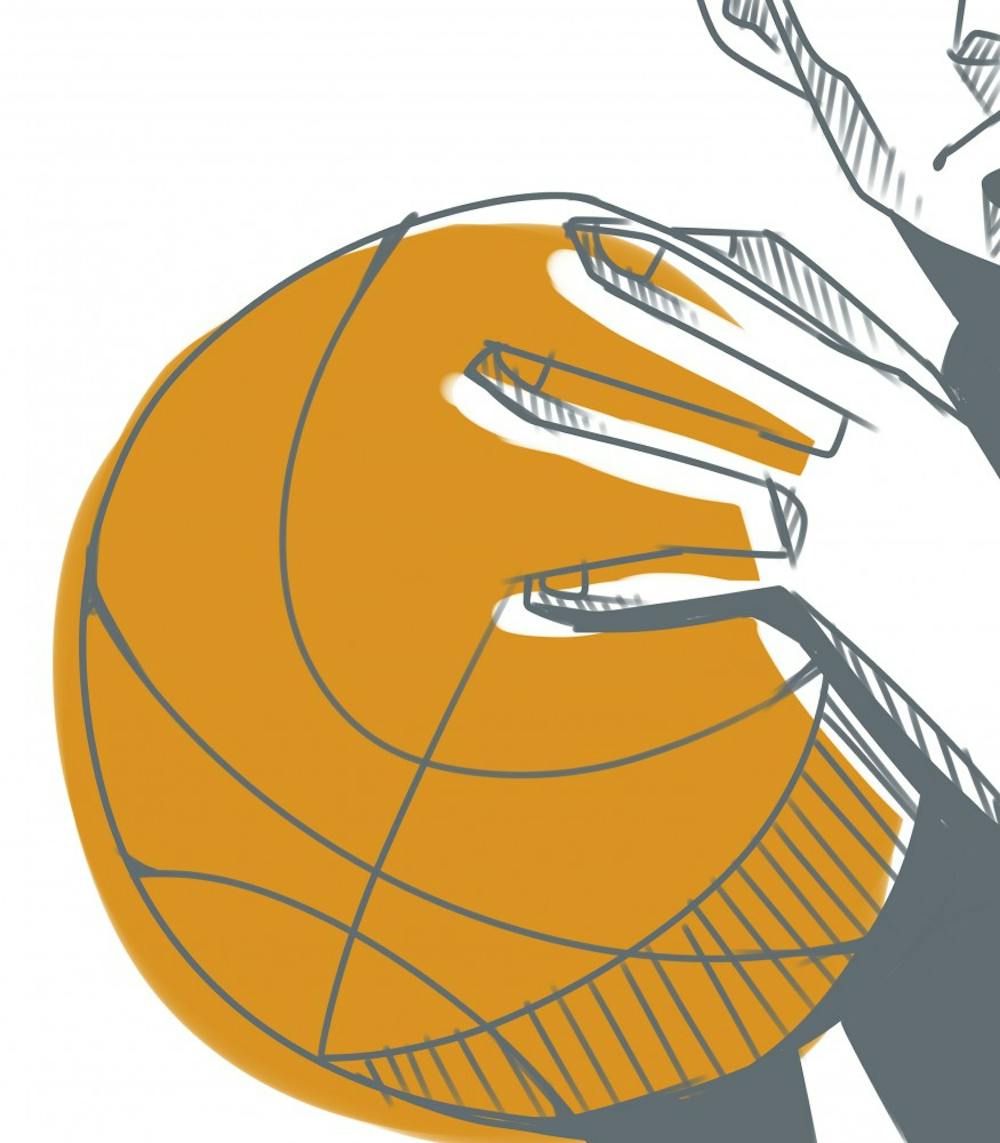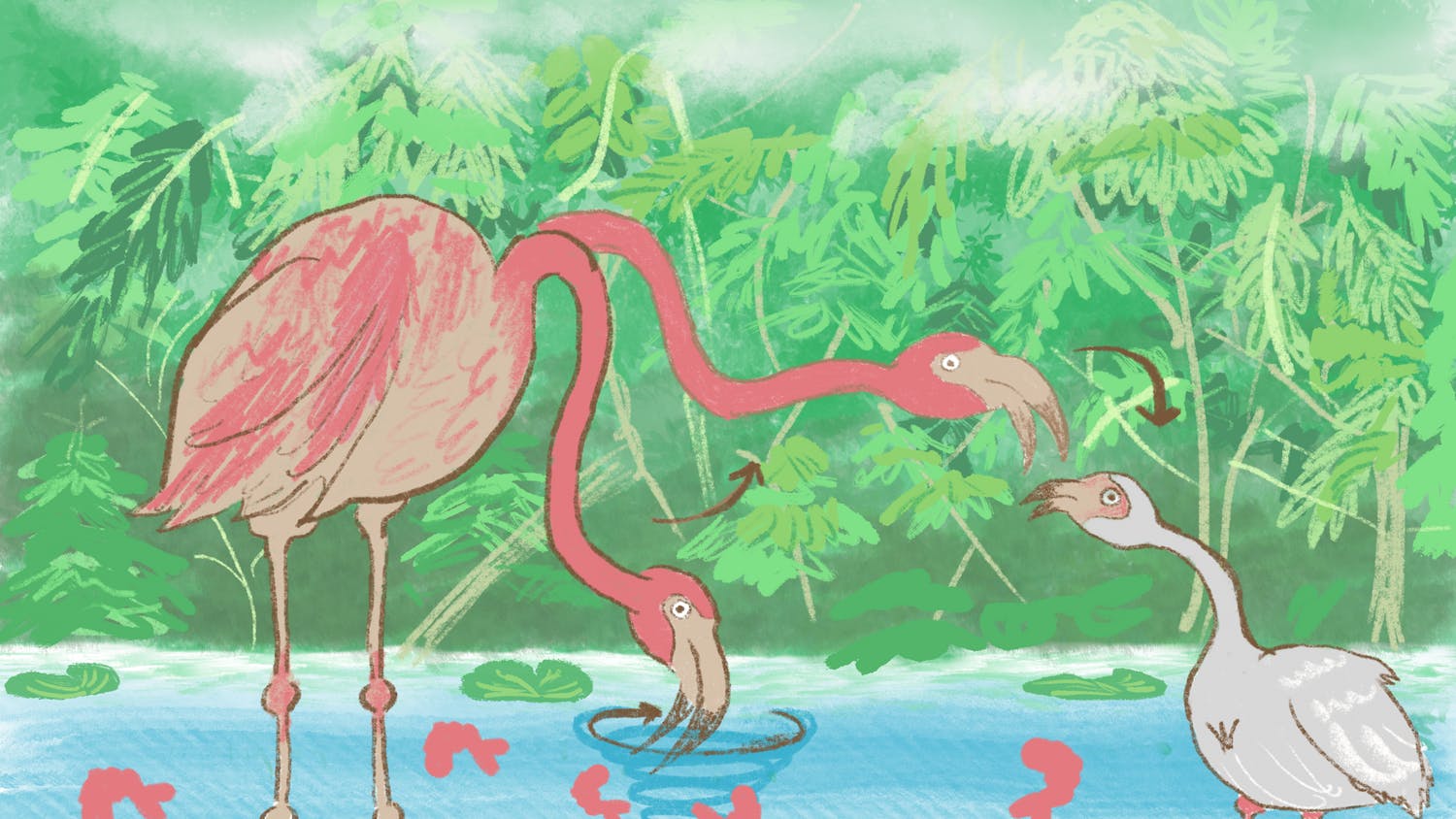For 18 years, the University of North Carolina Chapel Hill forgot its own mission and sacrificed its own good name at the altar of college athletics.
For 18 years, athletes and other students could enroll in “paper classes.” These classes never met. Assignments were merely a suggestion. Grades were arbitrarily administered. And everyone that mattered knew. For 18 years, the “student” part was optional for student athletes.
UNC allowed itself to become a recruiting ground and a diploma mill. Low estimates indicate that 3,100 students took advantage of this system. Athletes made up about half of enrollees, encouraged by their counselors to take these classes as an easy way to maintain eligibility.
Because of the scandal, UNC’s 1993, 2005 and 2009 NCAA Basketball Championship titles could be ?revoked.
When 1 to 2 percent of college athletes get the chance to play professionally in their respective sports in the United States; when professional athletes’ careers last on average three to five years, it is clear that student athletes need a lot more than a forged ?education.
Too often, athletes with subpar grades and SAT scores are admitted into prestigious institutions like UNC and then fail to receive the help they need to succeed.
And the players who don’t make it to the pros — which is most of them — are truly affected.
Most athletes aren’t A-Rod. A report by salary.com found that the average professional athlete in the US makes anywhere between $18,100 to $40,800. Five years of a $40,000 salary does not add up to a ?retirement plan.
Collegiate athletics can teach players a lot — things like perseverance, leadership, cooperation, respect for authority, risk-taking and strategy-building.
Business etiquette, memo-writing and presentations? Not so much.
There are few professional athletes, but there are even fewer coaches and commentators, which are often thought to be natural next-steps for many ?athletes.
Even those jobs require knowledge of institutions and communication skills not inherent to successful athleticism.
What UNC did prepared some students for is a five-year Hail-Mary blip in their careers and left them grasping for straws in the years that follow.
Sure, athletes participated in this system, but UNC is the institution that built it. UNC is the authority that told them it was OK. UNC knowingly rewarded these students for cheating.
It’s time that all colleges and universities with a strong tradition in sports — including IU — remember their first job is to educate.
We cannot allow athletics to eclipse education. Your life may be the game, but the game is not for life.
casefarr@indiana.edu




